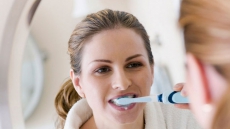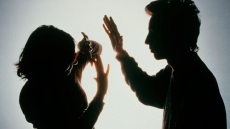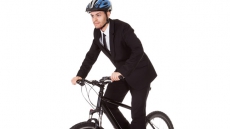Although energy drinks may enhance athlete's performance, they also cause insomnia and nervousness, a study said.
The study carried out by experts from the Camilo Jose Cela University (UCJC), Spain evaluated the positive and negative effects of energy drinks on athletes.
"Athletes felt they had more strength, power and resistance with the energy drink than with the placebo drink," said Juan Del Coso Garrigas, in-charge of the Exercise Physiology Laboratory at UCJC.
"However, the energy drinks increased the frequency of insomnia, nervousness and the level of stimulation in the hours following the competition," Juan Del Coso added.
For the study, sportsmen (football, basketball, rugby, volleyball, tennis and hockey players) took the equivalent of three cans of energy drink or an energy drink placebo before a sports competition.
Athletes increased their sporting performance by between three to seven percent but at the same time, the consumption also led to side effects typically found with other caffeinated drinks, the findings showed.
The concentration of caffeine (32 mg/100 ml of product) present in energy drinks provides a total of 80 mg of caffeine per 250 ml can, the authors noted.
Energy drinks mainly contain carbohydrates, caffeine, taurine and B vitamins, with little difference in ingredients amongst the main energy drink brands, the researchers explained.
Energy drinks do not provide more energy than other soft drinks, but they do have an "energising" effect related to the stimulation provided by caffeine, the authors concluded.
The study appeared in the British Journal of Nutrition.






